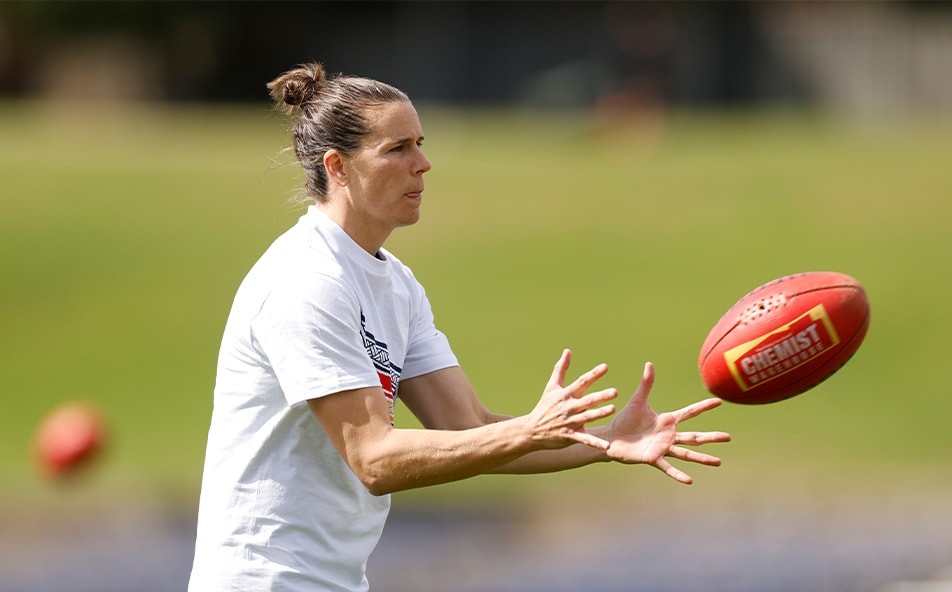
Adelaide Football Club is taking a cautious approach with former captain Chelsea Randall as she continues her recovery from concussion-related symptoms. Randall, who has been sidelined for a month, will not participate in the upcoming match against North Melbourne this Saturday in Melbourne.
Despite showing signs of progress, the 34-year-old has not yet reached a consistent level that would allow her to handle the necessary training loads. The club’s Head of Women’s Football, Phil Harper, emphasized that player health and wellbeing remain the top priority.
“Chelsea is making progress however as her recovery advances, there has been a need to reassess at times,” Harper stated. “Our people’s welfare is always at the forefront of our thinking and decision-making, and we stringently adhere to the AFL’s concussion protocols.”
Concussion Protocols and Player Welfare
The decision to keep Randall off the field underscores the AFL’s commitment to player safety, particularly concerning concussion management. The league has established comprehensive protocols to address head injuries, reflecting a growing awareness of the long-term impacts of concussions in sports.
Concussions have become a major focus in contact sports globally, with studies highlighting the potential for severe neurological consequences if not properly managed. The AFL’s protocols require a player to be symptom-free and to gradually increase physical activity before returning to full play.
Randall’s Role and Team Dynamics
While Randall’s absence is felt on the field, her influence within the team remains significant. Known for her leadership and resilience, Randall continues to be a source of motivation for her teammates. Her potential return later in the season could provide a significant boost to the team’s dynamics and performance.
Phil Harper expressed optimism about Randall’s future contributions, stating, “While we are reluctant to put a definitive timeframe on her return to play, we remain positive that Chelsea can play a role for the team this season.”
Historical Context and Future Implications
Randall’s situation is not unique in the AFLW or broader sports context. Historically, athletes have faced challenges in returning to play after concussions, often requiring extended periods of rest and rehabilitation. The AFLW’s proactive stance on managing such injuries is part of a broader trend in sports prioritizing long-term health over immediate competition.
As the league continues to evolve, the handling of concussions will likely influence policies and player management strategies across all levels of play. The outcome of Randall’s recovery process may serve as a case study for future approaches to concussion management in the AFLW.
Meanwhile, the Adelaide Football Club remains focused on ensuring that all players, including Randall, receive the necessary support and care. The club’s commitment to player welfare is evident in its adherence to established protocols and its willingness to prioritize health over competitive advantage.
As the season progresses, fans and analysts alike will watch closely to see how Randall’s recovery unfolds and what impact her eventual return might have on the team’s fortunes.





